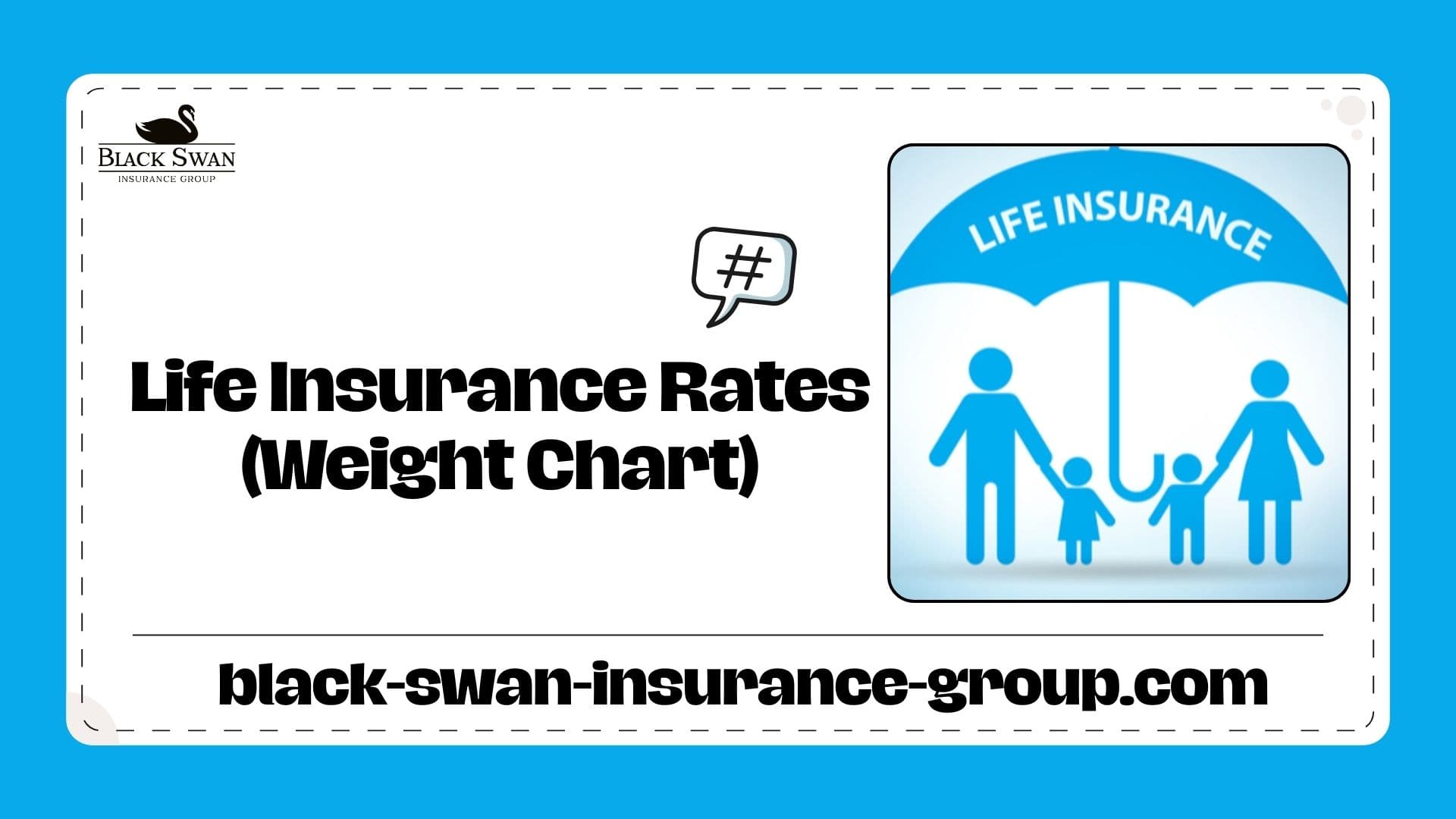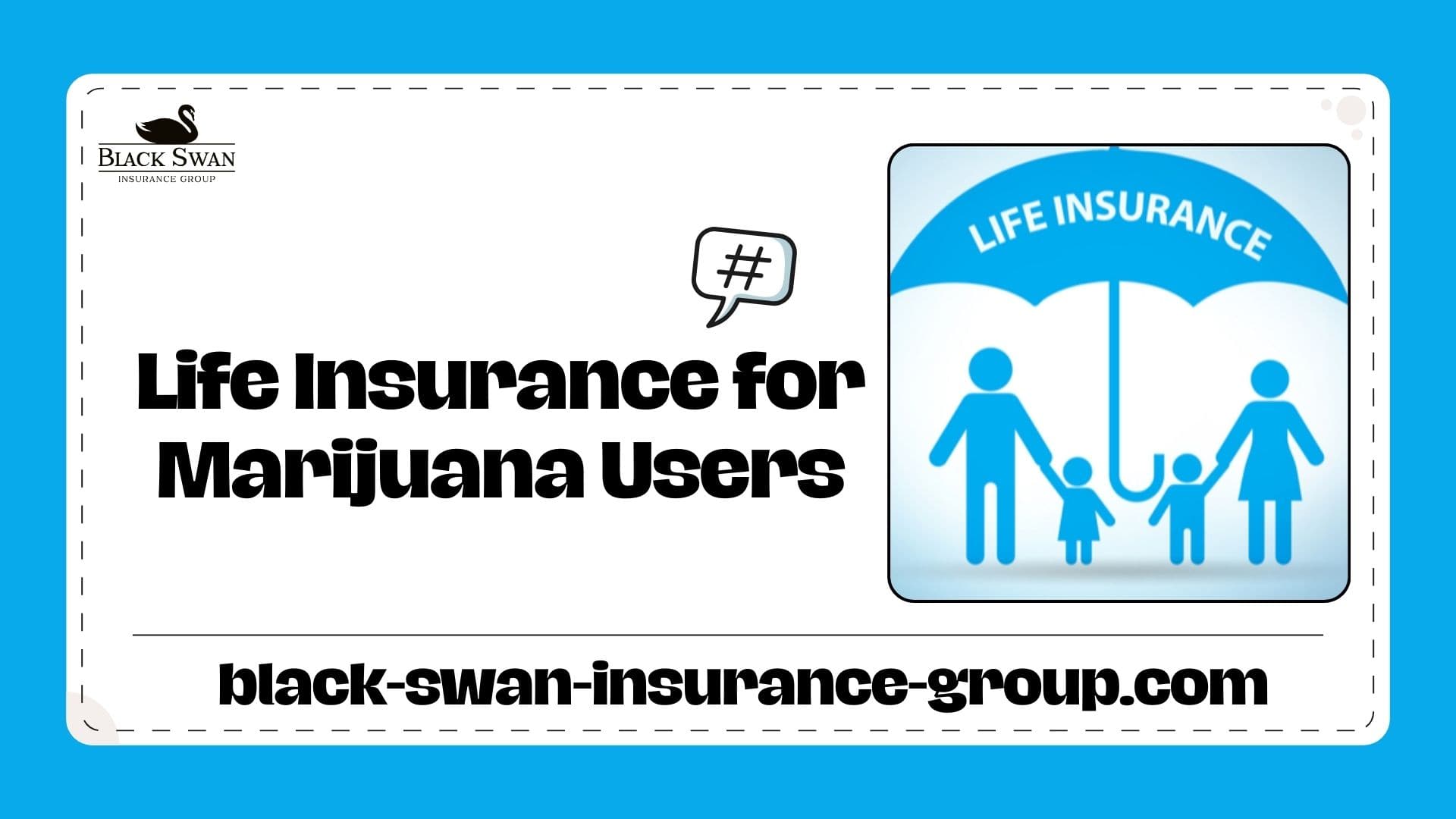Term life insurance provides financial protection for a specific period, offering a death benefit to beneficiaries if the insured person passes away during the policy term. This type of insurance is designed to be affordable and straightforward, making it an attractive option for many individuals seeking temporary coverage.
Term life policies last 10, 20, or 30 years, with premiums remaining constant throughout the chosen term. The insurance company calculates these premiums based on the policyholder’s age, health, and lifestyle. If the insured person outlives the policy term, no benefit is paid, and the coverage ends.
Various types of term life insurance exist, including level term, decreasing term, and renewable term policies. Each type caters to different needs and financial situations. Term life insurance is a risk management option that provides families peace of mind and financial security. It offers higher coverage amounts at lower costs than permanent life insurance options, making it an accessible choice for many individuals looking to protect their loved ones’ financial future.
What is Life Insurance?
Life insurance is a contract between an individual (the policyholder) and an insurance company. In exchange for regular premium payments, the insurer agrees to pay a designated beneficiary a sum of money (the death benefit) upon the policyholder’s death. This financial product provides peace of mind by ensuring that loved ones are financially protected even after the policyholder’s passing.
How does Term Life Insurance Work?
When you purchase a term life policy, the insurance company calculates your premium based on several factors, including the policy’s value, age, gender, and health status. The insurer also considers their operational costs, investment returns, and mortality statistics for your age group. The application process may involve a medical exam and questions about your lifestyle, medical history, and family health background. This information helps the insurer assess the risk associated with insuring you.
If you pass away during the policy term, your beneficiaries receive a tax-free death benefit. This payout can cover various expenses, such as funeral costs, outstanding debts, or ongoing living expenses.
What is a Term Life Policy, and How Does it Work?
A term life policy is a type of life insurance that provides coverage for a predetermined period, ranging from 10 to 30 years. It offers a death benefit if the insured dies during the policy term. These policies work by the policyholder paying regular premiums to maintain coverage. If death occurs within the term, beneficiaries receive the death benefit. However, if the insured survives the term, the policy expires without a payout, and coverage ends unless renewed or converted.
What are the Types of Term Life Insurance Policies, & How Can You Buy One?
Types of term life insurance policies include:
- Level Term: This most common type maintains a consistent death benefit and premium throughout the policy term. It provides predictable coverage and costs, making financial planning easier for policyholders.
- Decreasing Term: In this policy, the death benefit gradually decreases over time, often aligning with diminishing financial obligations like a mortgage. Premiums remain constant, making it a cost-effective option for specific needs.
- Renewable Term: This policy allows you to extend coverage beyond the initial term without undergoing a new medical exam. While it offers flexibility, premiums usually increase upon renewal due to the policyholder’s increased age.
- Convertible Term: This option allows you to convert your term policy into permanent life insurance without additional medical underwriting. It provides the flexibility to transition to lifelong coverage if your needs change
To buy a term life insurance policy:
- Determine your coverage needs
- Research insurance providers
- Get quotes from multiple companies
- Choose a policy that fits your needs and budget
- Complete the application process, which may include a medical exam
- Review and sign the policy documents
- Pay the first premium to activate coverage
What is the Cost of Term Life Insurance?
Term life insurance costs vary based on factors like age, health, coverage amount, and term length. A healthy 30-year-old might pay $15-30 monthly for a $500,000, 20-year term policy. Rates increase with age and for larger coverage amounts. For example, a 40-year-old might pay $20-40 monthly for the same coverage.
What are the Common Examples of Life Term Insurance?
- A 35-year-old parent purchases a $500,000, 20-year term policy to cover their children’s education and living expenses until they are adults.
- A 45-year-old homeowner buys a $300,000, 15-year decreasing term policy to match their mortgage balance.
- A 28-year-old newlywed obtain a $1 million, 30-year term policy to provide long-term financial security for their spouse.
What are the Benefits of Term Life Insurance?
- Affordable premiums compared to permanent life insurance
- Flexible coverage periods to match specific financial needs
- High coverage amounts available at lower costs
- Straightforward policies
- Option to convert to permanent coverage in many cases
- Tax-free death benefit for beneficiaries
What is the Purpose of Life Insurance?
The primary purposes of life insurance are:
- Provide financial security for dependents
- Replace lost income for surviving family members
- Cover outstanding debts and final expenses
- Fund future expenses like children’s education
- Offer peace of mind to policyholders
- Serve as a tool for estate planning and wealth transfer
What is Covered by a Life Insurance Policy?
A life insurance policy covers:
- Death benefit payout to beneficiaries
- Funeral and burial expenses
- Outstanding debts and mortgages
- Living expenses for surviving family members
- Children’s education costs
- Estate taxes and other final expenses
What is the Best Term Life Insurance Policy?
The best term life insurance policy depends on individual needs and circumstances. However, a policy that offers the following features is considered a good option:
- Competitive premiums
- Sufficient coverage amount
- Appropriate term length
- Convertibility option
- Renewal guarantee
Policies from reputable companies like Black Swan Insurance Group rank highly due to their combination of affordability, flexibility, and customer satisfaction.
What is the Difference Between Term vs Whole Life Insurance?
| Feature | Term Life Insurance | Whole Life Insurance |
| Duration | Temporary (set term) | Permanent (lifelong) |
| Premiums | Lower may increase at renewal | Higher, but remains level |
| Cash Value | No cash value component | Builds cash value over time |
| Flexibility | Less flexible | More flexible with cash value options |
| Cost | More affordable | More expensive |
| Investment Component | No investment component | It has an investment component |
| Ideal For | Temporary needs, budget-conscious | Lifelong coverage, cash value growth |
What is the Difference Between Term Life Insurance vs Convertible Term Life Insurance?
| Feature | Term Life Insurance | Convertible Term Life Insurance |
| Conversion Option | No conversion option | It can be converted into a permanent policy |
| Flexibility | Less flexible | More flexible with a conversion feature |
| Initial Cost | Generally lower premiums | Slightly higher premiums |
| Long-term Options | Expires at end of term | It can be extended through conversion |
| Underwriting | Required at renewal | No new underwriting for conversion |
| Cash Value | No cash value | Can gain cash value upon conversion |
What is the Difference Between Term vs Permanent Life Insurance?
| Feature | Term Life Insurance | Permanent Life Insurance |
| Duration | Covers a specific period (e.g., 10-30 years) | Provides lifelong coverage |
| Premiums | Initially lower, it may increase upon renewal | It can be higher but remains level |
| Flexibility | It can often be converted into a permanent | Allows for policy loans and withdrawals |
| Cash Value | No cash value accumulation | Builds cash value over time |
| Use Cases | Temporary needs (e.g., mortgage, children’s education) | Long-term financial planning, estate planning |
| Underwriting | It may require a medical exam for the initial policy | Often includes simplified underwriting options |
| Renewability | It may be renewable at the end of the term, often with higher premiums | There is no need for renewal as long as premiums are paid |
| Tax Benefits | The death benefit is tax-free | Cash value grows tax-deferred, with the potential for tax-free loans |
| Investment Component | No investment element | May include various investment options (e.g., indexed, variable) |
| Riders | Often offers term-specific riders (e.g., return of premium) | Wide range of permanent insurance riders available |
Which is the Best Term Insurance Company in the USA?
Black Swan Insurance Group is one of the best term insurance companies in the USA. Committed to providing comprehensive coverage at competitive rates, Black Swan offers personalised term life insurance solutions to meet diverse client needs. Their policies feature flexible terms, convertibility options, and excellent customer service, making them a top choice for individuals seeking reliable term life insurance protection.
Where to Get Term Life Insurance in the USA?
You can obtain term life insurance from Black Swan Insurance Group at their main office:
Why is Black Swan Insurance Group the Best Choice for Term Insurance in the USA?
Black Swan Insurance Group is the best choice for term insurance in the USA for several reasons:
- Customized policies for unique individual needs
- Competitive rates with various coverage options
- Simple application and underwriting process
- Excellent financial stability and claims-paying ability
- Outstanding customer service and support
- Flexible conversion options for changing needs
- Innovative policy features and riders
- Transparent pricing and policy terms
- Strong reputation for reliability and trustworthiness
- Nationwide coverage with local expertise
Can seniors get term life insurance?
Yes, depending on the insurance company’s policies, seniors can get term life insurance up to age 65 or 70.
Can I buy term life insurance online?
Yes, many insurers offer the option to purchase term life insurance policies online through a simple and quick application process.
Is a 20-year term life insurance policy a good option for me?
A 20-year term life insurance policy can be a good option if you need coverage for specific financial obligations that will last about two decades, such as a mortgage or children’s education.
Can I adjust my coverage with Level Term life insurance?
Level-term life insurance maintains fixed premiums and coverage amounts, but some policies may offer riders or conversion options for adjustments.
Is term life insurance without a medical exam more expensive?
Yes, no-exam term life insurance policies are more expensive due to the increased risk assumed by the insurer.
Can I sell my term life insurance policy?
Term life insurance policies can sometimes be sold through a life settlement, but this option is more viable for permanent life insurance policies.
Does term life insurance have a cash value?
No, term life insurance does not accumulate cash value as permanent life insurance policies do.
Is term life insurance worth it?
Term life insurance can be worth it for those seeking affordable, temporary coverage to protect their beneficiaries during specific periods of financial vulnerability.
Do you get money back if you outlive a term life insurance policy?
You usually do not receive money back if you outlive a standard term life insurance policy.
Is direct-term life insurance a good option for me?
Direct-term life insurance can be a good option if you prefer a simplified purchasing process without an agent, but it may lack personalized guidance.
Can I renew my term life insurance policy under a renewable term option?
Many term life insurance policies offer renewable options, allowing you to extend coverage without a new medical exam, though premiums may increase.
How do I cancel my life insurance policy?
To cancel a life insurance policy, contact your insurer directly and follow their specific cancellation procedures.
Can you cash out a term life insurance policy?
Term life insurance policies cannot be cashed out as they do not accumulate cash value.
What happens when a term life insurance policy expires?
When a term life insurance policy expires, coverage ends, and the policyholder no longer has life insurance protection unless they renew or convert the policy.
How long is a term life insurance policy valid?
Term life insurance policies are valid for a specific term length, ranging from 10 to 30 years.
Can I convert my term life insurance to whole life insurance?
Many term life insurance policies offer conversion options, allowing policyholders to convert to whole life insurance within a specified timeframe.
Can you borrow from term life insurance?
No, you cannot borrow from a term life insurance policy as it does not accumulate cash value.
What happens when the term ends?
When the term ends, the coverage expires, and the policyholder must either renew the policy, convert it to permanent insurance, or seek new coverage if desired.








